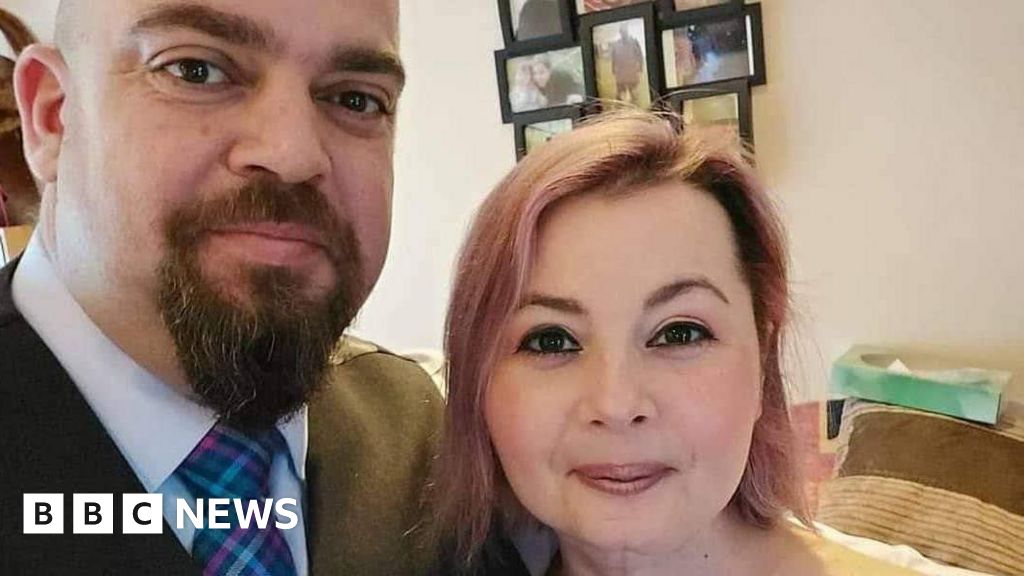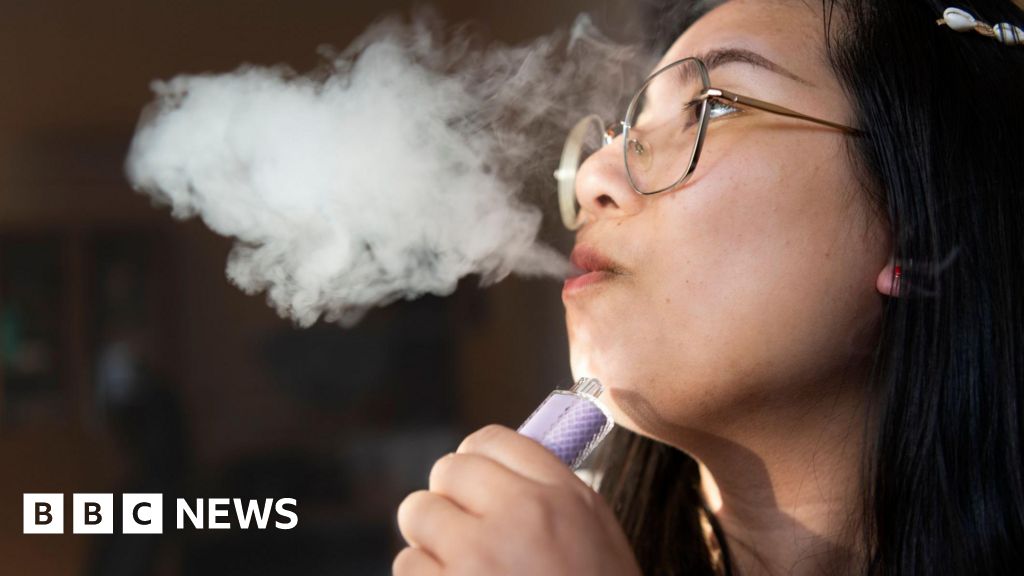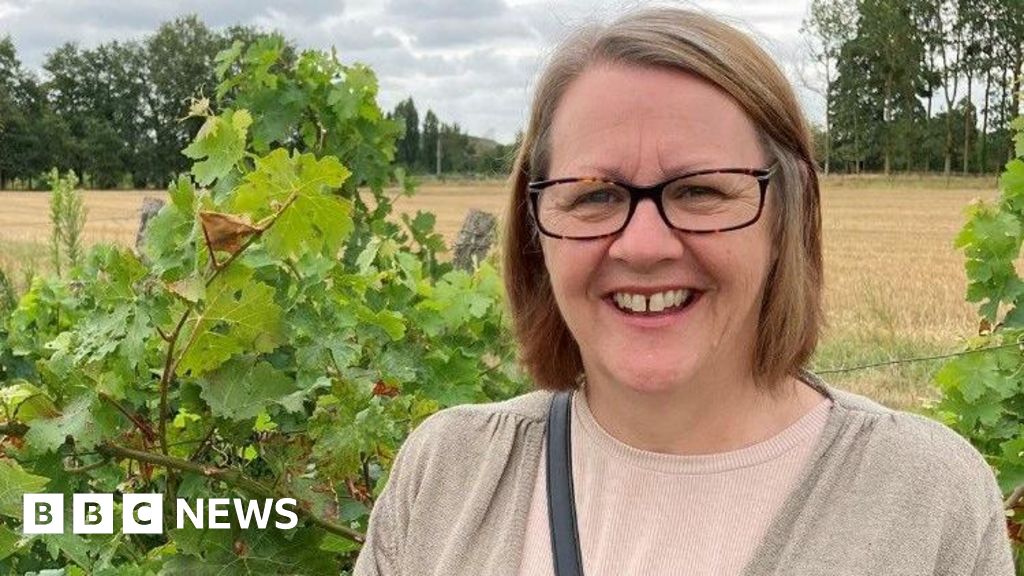ARTICLE AD BOX
By Michelle Roberts
Health editor, BBC News online
Guidance for people in England identified as being "clinically extremely vulnerable" is being updated from 19 July - but what is actually changing?
Formal advice telling them to take extra care, or "shield", to avoid becoming seriously ill from Covid was paused at the start of April.
How is the guidance changing?
Most coronavirus restrictions are being lifted in England on 19 July. The government says people considered to be clinically extremely should, as a minimum, follow the same guidance as everyone else.
However, if you are at higher risk of becoming ill, it says you may wish to "think particularly carefully" about taking extra precautions when meeting others you do not usually meet, including:
- limiting moments of close contact
- considering whether you and others have been fully vaccinated (you might want to wait until 14 days after your second dose before meeting)
- considering the risk if Covid levels are high in the general community
- meeting outside if possible
- ensuring inside spaces are well-ventilated
- washing hands regularly and avoiding face-touching
- continuing social distancing if that feels right for you
- asking friends/family to take lateral flow tests before meeting
What about the rest of the UK?
There is similar but separate official advice for people who have been shielding in Scotland, Wales and Northern Ireland.
Although Scotland moves to Covid protection level zero on 19 July, First Minister Nicola Sturgeon said keeping the mandatory use of face coverings past then would give "added protection and assurance" to people who were particularly vulnerable.
What about going to work?
From 19 July in England, general advice to work from home where possible will end - as will the need for social distancing measures in the workplace.
However, companies still have legally binding health and safety responsibilities - and your employer should explain the measures in place to keep you safe at work.
Some firms, for example, may ask employees to take regular Covid tests to identify asymptomatic people.
The Coronavirus Job Retention Scheme (furlough) is available until 30 September. You may be eligible to benefit, provided your employer agrees.
You may also qualify for Statutory Sick Pay (SSP) or Employment and Support Allowance (ESA) if you are sick or incapable of work, either due to coronavirus or other health reasons.
What about travel and shopping?
Although the legal requirement to wear a face covering is being lifted from 19 July, the government says it "expects and recommends" that people wear them in crowded areas - such as busy shops and public transport.
You should consider travelling outside peak hours, and shopping at quieter times of day, to reduce the number of people you come into contact with. You may be more comfortable booking supermarket deliveries online.
The NHS Volunteer Responders programme is still available to offer support.
But won't my vaccination protect me?
Data shows Covid vaccines are highly effective in most people in clinical risk groups. Two doses are needed for best protection.
Being double-jabbed reduces the risk of symptomatic Covid-19 by around 90%, say experts. But no vaccine is 100% effective. Some people with weak immune systems may not get as much benefit from the vaccine, for example.
You should already have been offered a vaccine but, if not, book through the NHS website or call 119.
The most vulnerable people are likely to be offered booster jabs from September, to provide extra protection against virus variants through the winter months.
You are encouraged to go outside for exercise and attend NHS appointments for your existing health conditions.
The pandemic may have triggered feelings of worry, distress or loneliness - a normal response to an unprecedented period of disruption. The government recommends several support websites.
Am I 'clinically extremely vulnerable'?
If you are thought to be at very high risk of serious illness from coronavirus you will have been put on the NHS Shielded Patient List.
A combination of factors can contribute to a person's risk, including:
- age (older being higher risk)
- ethnicity
- deprivation (according to postcode)
- weight (body mass index)
- underlying health issues
- prescribed medications
image sourceScience Photo Library
image captionCancer patients need to take extra care- with transplanted solid organs
- undergoing some cancer treatments such as chemotherapy and radiotherapy
- on immunosuppression drugs
- with heart disease who are also pregnant
- with severe respiratory conditions (for example: cystic fibrosis, severe asthma and COPD)
- with rare diseases such as severe combined immunodeficiency
- with Down's syndrome (adults)
- on dialysis or with stage 5 chronic kidney disease (adults)

 3 years ago
160
3 years ago
160








 English (US) ·
English (US) ·